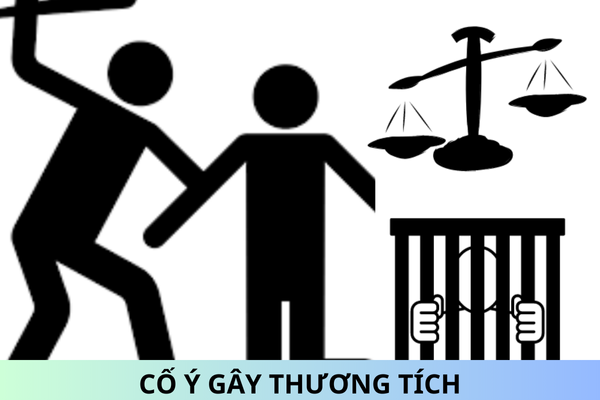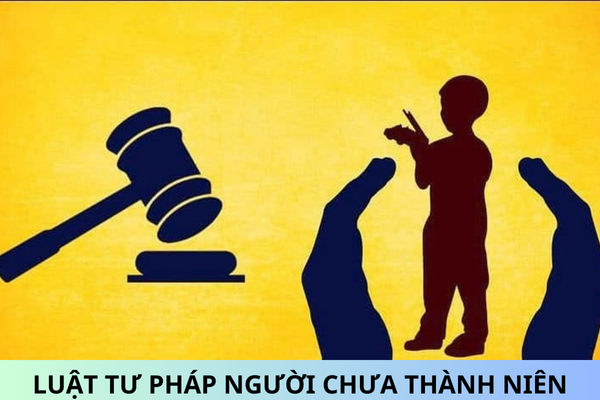Warning in the 2015 Criminal Code of Vietnam
1. What is a warning?
According to the provisions of Article 34 of the Criminal Code 2015 (effective from January 1, 2018), a warning is applied to less serious offenders who have many mitigating circumstances, but not to the extent of being exempted from punishment.
Thus, according to this provision, the content of the warning penalty in the Criminal Code 2015 remains consistent with the spirit of the Criminal Code 1999. Compared to other main penalties, a warning is the lightest penalty because it does not deprive or restrict any rights of the convicted person but only serves as a moral condemnation for the offender.
2. Conditions for applying a warning in Vietnam
First, it can only be applied to less serious offenses. This means the nature and degree of danger to society is not great, and the maximum sentence prescribed for such an offense by this Code is a fine, non-custodial reform, or up to 3 years of imprisonment.
Second, there must be many mitigating circumstances, but not to the extent of being exempted from punishment. This means there must be at least two mitigating circumstances under the provisions of Article 51 of the Criminal Code 2015, and they do not qualify for punishment exemption.
The court cannot impose a warning penalty on the offender if any of these conditions are not met. When imposing a warning penalty, the court will consider the nature and degree of danger to society of the criminal act, the personal characteristics of the offender, and the aggravating or mitigating circumstances of criminal liability.
Thus, fundamentally it can be seen that a warning penalty does not clearly reflect the essence of punishment as a state-imposed coercive measure aimed at depriving or restricting the rights and interests of the offender, but rather causes mental distress to the convicted person. In the recent draft amendment to the Criminal Code 2015, there are various viewpoints suggesting that this penalty should be abolished for the reasons mentioned above. However, we believe retaining the warning penalty is appropriate, reflecting the humanitarian nature of criminal law. Additionally, in some cases of less serious offenses, applying a warning penalty forms the basis for authorities to apply supplementary measures such as fines, deportation, etc., to the offender.
The above is the content of the Legal Secretary's Editorial Board's consultation on the warning penalty. To understand this more clearly, you should refer to the Criminal Code 2015.
Respectfully!










